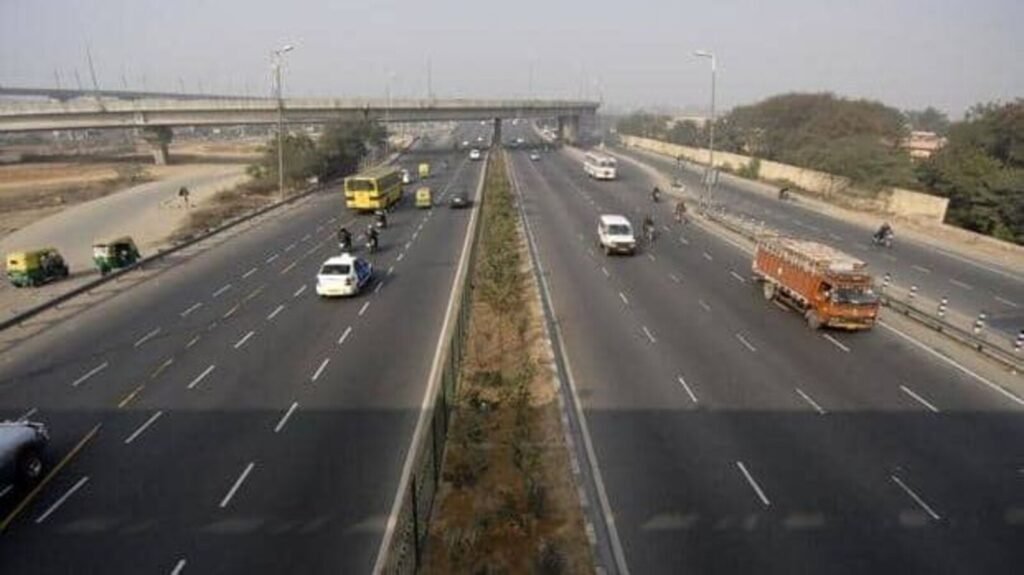CDPQ may buy five road projects from Ashoka Concessions

The deal has potential equity and enterprise values of around $325 million and $700 million, respectively, two people aware of the talks said.
On 12 December, The Economic Times reported that CDPQ (Caisse de dépôt et placement du Québec) and private-equity firm Actis Llp were in final discussions to acquire the BOT toll road assets of Ashoka Concessions. Now, Actis is no longer in the race.
“CDPQ is in exclusive negotiation with Ashoka Concessions for its five BOT road projects,” one of the two people said on the condition of anonymity. BOT is short for build, operate, transfer, and is a public-private partnership model for delivery of large infrastructure projects.
The investment and banking advisory arm of EY is running the sales process for these road assets, which are expected to be brought under Indian Highway Concessions Trust (IHCT), an infrastructure investment trust (InvIT) sponsored by CDPQ-backed India-focused road-investment platform Maple Highways.
InvITs manage income-generating infrastructure assets, typically offering investors a regular yield and a liquid method of investing in infrastructure projects.
Ashoka Buildcon has a 61% stake in Ashoka Concessions. The balance is held by Macquarie Infrastructure and Real Assets (MIRA). In 2012, Macquarie purchased a stake in Ashoka Concessions through its first India-focused fund along with State Bank of India (SBI) for ₹800 crore. The proposed deal will also provide an exit to Macquarie-SBI Infrastructure Fund.
Spokespersons for CDPQ, Actis, Macquarie Group and EY declined comment. Queries emailed to spokespersons of Ashoka Buildcon and SBI on Monday evening remained unanswered till press time.
The sale process for Ashoka Concessions’ road assets has been in the works for a while. Several buyers had earlier evaluated the road assets of Ashoka Concessions, including I Squared Capital-owned Cube Highways, Canada’s Brookfield Asset Management Inc and Actis Llp.
Ashoka Concessions also inked an agreement in December 2021 to sell Ashoka Highways (Bhandara) Ltd, Ashoka Highways (Durg) Ltd, Ashoka Belgaum Dharwad Tollway Ltd, Ashoka Sambalpur Baragarh Tollway Ltd and Ashoka Dhankuni Kharagpur Tollway Ltd to Kohlberg Kravis Roberts & Co. L.P. for ₹1,337 crore. However, the agreement was cancelled as some pre-conditions, also referred to as condition precedents (CPs), were not met.
Maple Highways has been active in the space and acquired the Eastern Peripheral Expressway (EPE) Toll Operate Transfer (TOT) project from state-run National Highways Authority of India (NHAI) for ₹6,267 crore in November 2022.
Canadian pension funds represent the so-called patient capital, which seeks modest yields over time, and are uniquely positioned to invest directly into the infrastructure space given the expertise built by them over time by investing in North America and the Organisation for Economic Co-operation and Development (OECD) member countries.
This deal comes in the backdrop of the interim budget for 2024-25 pegging the capital expenditure for development of roads, under the ministry of road transport and highways at ₹2.72 trillion, higher than ₹2.58 trillion in 2023-24. India currently has a network of about 146,000 km of national highways. The Centre plans to add 50,000 km of access-controlled highways under the Vision 2047 plan.
Experts say investor interest in India’s road sector space is back. “The investor interest in road sector is two-fold: one wherein the existing hybrid annuity model (HAM) portfolio is being eyed by sovereign and pension fund-backed platforms; and with NHAI floating bids for 12 BOT assets wherein both foreign and domestic developers are showing interest,” said Jagannarayan Padmanabhan, senior director and global head of transport, logistics and mobility, Crisil Ltd.
Under the BOT contract, large infrastructure projects are developed through public-private partnerships, wherein the private firm gets initial concession by a public entity to both build and operate the project. After a specified time period, control of the project is returned to the public entity.
On the other hand, under the HAM, the central government initially provides 40% of the project cost construction support during the construction period and the balance 60% is invested by the private developer, which is repaid by NHAI as annuity payments over the operations’ period along with interest.
Mint had earlier reported about the government’s plans to award road projects under the BOT model, which was the preferred model till 2014; with easier terms to attract private investors and increase private sector participation in the sector.
